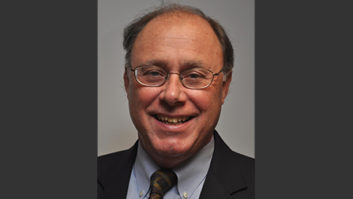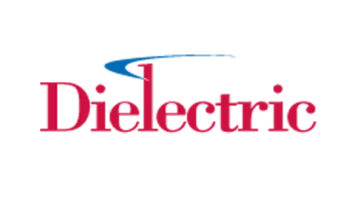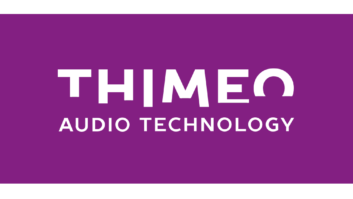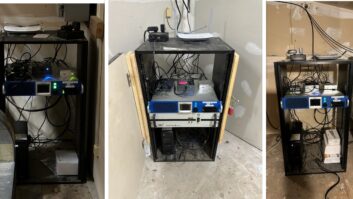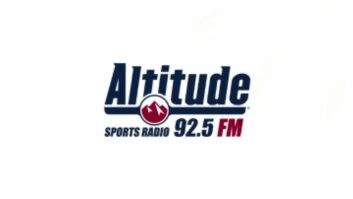FM auction fast approaching
Sep 1, 2005 12:00 PM, By Harry Martin
The window for short-form applications (FCC Forms 175) closed on Aug. 12 and upfront payments–the FCC’s version of an ante–are due by Sept. 30 at 6 p.m. EDT. The auction itself is scheduled to start on Nov. 1.
Veterans of last year’s FM auction should be familiar with the format in which the auction is conducted in rounds. In each round a bidder may bid on any of the channels for which the bidder applied on its Form 175 up to the limit of the total upfront payment submitted by the bidder. This time, however, there will be a new twist relative to the bidder activity rule.
In previous broadcast auctions, if a bidder purchased 100 units of eligibility, he was required to use all 100 units during each round or else use a waiver. Auction No. 62 is being adapted to resemble a wireless auction in that 100 percent engagement will not be required in each round.
This change will not affect bidders who intend to compete for only one market and who, therefore, will be submitting only the minimum upfront payment specified for that market. But it is likely to affect the strategies of participants who plan to be bidding in multiple markets. The new activity rule will require 7 percent activity during Stage One and 95 percent activity during Stage Two. The transition from Stage One and Stage Two will take place based on a mathematical formula designed to identify the point in time when the pace of the auction is slowing down. The precise point at which the mandatory activity level will shift will be announced by the Commission as the auction is being conducted.
Let’s say that you have submitted an upfront payment entitling you to 100 units of eligibility. During Stage One, only 75 percent of eligibility will need to be used in each round. Thus, if community A’s channel has a specified minimum is 50 units and community B’s requires 25 units, your upfront payment will allow you to bid on both channels in any given round (because 50 + 25 = 75, which is less than the 100 units you paid for), and still keep the full 100 units. (In previous auctions, you risked losing the 25 points you didn’t use.) As a result, if you lose interest in community A and community B, you will still be able to use the full 100 units during subsequent rounds to bid on channels in entirely different communities.
Bidders who already hold attributable interests that preclude them under the multiple ownership rules from owning one of the to-be-auctioned channels may nonetheless still bid for such channels. However, a problem will arise if a bidder in that position wins the channel in question, because the FCC will not grant a construction permit for that channel until the successful bidder has divested the conflicting interest. But someone who wants to �trade up� no longer is precluded from doing so.
Payola back on the front burner
Eliot Spitzer, the Attorney General of New York, has attacked the problem of payola and is winning: Sony BMG Music Entertainment, agreed in a settlement to pay more than $10 million and to adopt limitations on its radio-based promotional activities. Sony admitted no wrongdoing.
The conduct addressed by Spitzer includes apparently straightforward pay-for-play arrangements, the provision of cash or goods to station personnel, the use of �independent promoters,� and other arrangements by which Sony allegedly sought to manipulate and otherwise influence air play for its records.
Dateline:
On or before Oct. 3 radio stations in Alaska, Hawaii, Oregon, Washington and the Pacific Islands must file their 2005 renewal applications, biennial ownership reports and EEO program reports.
Oct. 1 is the start date for radio stations in Connecticut, Massachusetts, Maine, New Hampshire, Vermont and Rhode Island to begin their renewal pre-filing announcements in anticipation of filing their renewals on Dec. 1.
Oct. 1 also is the date for radio stations in Florida, Puerto Rico, the Virgin Islands, Iowa and Missouri to place their annual EEO reports in their public files and post them on their websites. The same requirement applies to stations in Alaska, Hawaii, Oregon, Washington and the Pacific Islands who will be submitting their renewals on or before Oct. 3.
Martin is immediate-past president of the Federal Communications Bar Association and a member of Fletcher, Heald & Hildreth, Arlington, VA. E-mail[email protected].





